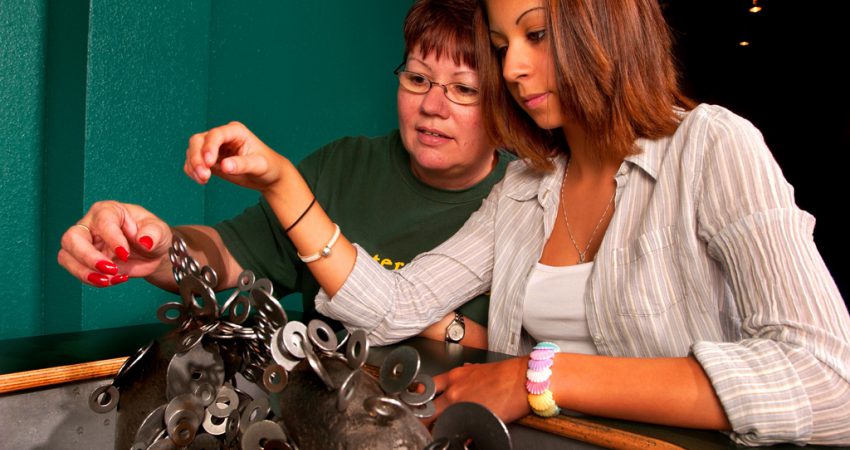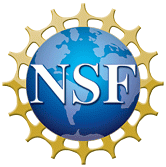
By Heather King - October 2011
PAPER CITATION
Katz, P., McGinnis, J. R., Hestness, E., Riedinger, K., Marbach-Ad, G., Dai, A. & Pease, R. (2011). Professional identity development of teacher candidates participating in an informal science education internship: A focus on drawing as evidence. International Journal of Science Education, 33(9), 1169–1197.
Previous research studies have found that many new teachers of elementary grades feel inadequately prepared to teach science (cf. Kelly, 2000). This situation may be attributable to a number of factors, although the nature of teacher preparation courses is clearly significant. This paper describes a teaching training initiative in which teacher candidates are engaged in internships in an afterschool programme. The findings, comprising the teacher candidates’ drawings and interviews, indicate that the experience positively influenced the participants’ professional identity development as science teachers.
The premise for the initiative reported in this study builds on prior research findings that highlight the ways in which informal settings with their hands-on focus nurture curiosity and foster positive attitudes towards science. For example, the non-threatening ‘fun’ atmosphere of informal settings has been cited as significant for improving teacher self-confidence (cf. Ferry, 1995). In addition, the alternative teaching approaches favoured by informal environments – supporting hands-on engagement, and valuing science as a process rather than finding the ‘right’ answers – has been found to ‘transform’ and ‘broaden’ teachers’ epistemologies of science (cf. Anderson et al, 2006).
This study involved 25 teacher candidates who interned with HOSO, an afterschool science programme for elementary-aged children. The data comprised drawings of pre- and post-internship, interviews and written reflections. The analysis focused on the ways in which the candidates’ mental models of what it means to teach and learn science changed. The emphasis on mental models acknowledges that ‘teachers are more likely to be guided not by instructional theories, but by the familiar images of what is “proper and possible” in a classroom setting’ (Windschitl, 1999, 752–753).
The candidates’ drawings were examined using three categories that correspond to the goals of the HOSO programme: hands-on science, collaboration and inquiry. The full paper includes examples of these drawings and excerpts from the interviews.
The authors’ analyses of the drawings and interviews of pre- and post-internship highlight the change in teacher candidate notions of teaching to ones involving more collaborative learning approaches, student-led learning, greater dialogue and greater confidence with both formal and informal resources. The authors, while concluding, assert that the candidates’ mental models of science changed as a result of their internship, as too did their professional identities as prospective teachers of science in that they felt competent in the subject matter and keen to pass their enthusiasm for science onto their students.
One caveat for this study, however, is that that it does not follow the candidates into actual teaching roles and examine whether their modified mental models remain and are put into practice. In addition, it does not consider other factors at play in affecting the manner in which a teacher teaches, such as available resources or familiarity with content. Nonetheless, this study highlights the considerable role that informal science providers can play in supporting the preparation of classroom teachers. In particular, it highlights the importance of offering teacher candidates opportunities to observe different practices (including inquiry-based learning, student-led approaches and approaches where science experiences are designed to be ‘fun’) as a way of exploring effective teaching approaches that contrast with the ‘chalk and talk’ version of teaching that many prospective teachers experienced themselves.
Cited Papers
Anderson, D., Lawson, B. & Mayer-Smith, J. (2006). Investigating the impact of a practicum experience in an aquarium on pre-service teachers. Teaching Education, 17(4). 341–353.
Kelly, J. (2000). Rethinking the elementary science methods course: A case for content, pedagogy, and informal science education. International Journal of Science Education, 22(7), 755–777.
Windschitl, M. (1999). The challenges of sustaining a constructivist classroom culture. Phi Delta Kappan, 80(10), 751–755.




